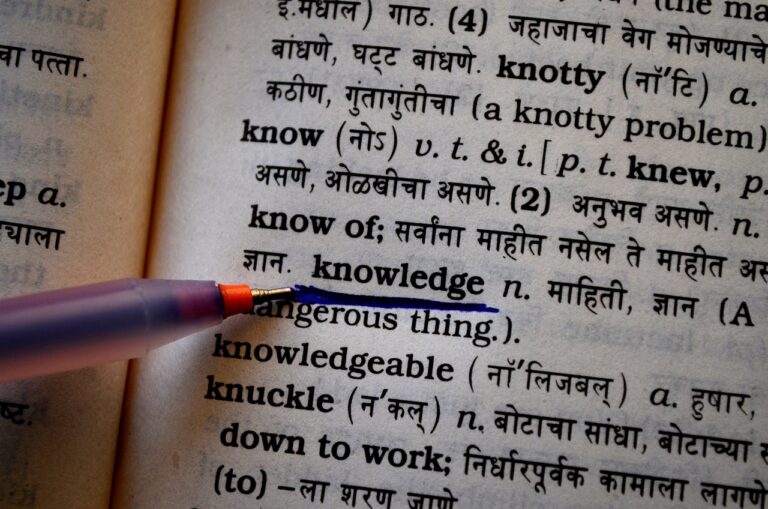Implementing Culturally Responsive Drama Education in Early Childhood Settings: 11xplay reddy login id and password, King567 signup, Skyinplay exchange
11xplay reddy login id and password, king567 signup, skyinplay exchange: Implementing Culturally Responsive Drama Education in Early Childhood Settings
When it comes to early childhood education, incorporating elements of drama can be a powerful tool for learning and development. Drama allows children to explore their creativity, build confidence, and develop communication skills. However, it is essential to ensure that drama education is culturally responsive to reflect the diverse backgrounds of the children in our classrooms.
Why is culturally responsive drama education important?
Culturally responsive drama education recognizes and values the cultural backgrounds, traditions, and experiences of all children. By incorporating elements of children’s cultures into drama activities, educators can create a more inclusive and equitable learning environment. This approach not only helps children feel seen and heard but also enhances their learning experience by making it more relevant and engaging.
How can educators implement culturally responsive drama education in early childhood settings?
1. Incorporate stories, songs, and games from diverse cultures: Introduce children to stories, songs, and games from a variety of cultural backgrounds. This can help children explore and appreciate different traditions while fostering empathy and understanding.
2. Invite guest artists and performers from diverse backgrounds: Bring in artists and performers from different cultural backgrounds to share their expertise and experiences with the children. This can expose children to new perspectives and ways of expression.
3. Use props and costumes that reflect diverse cultures: Provide children with props and costumes that reflect a variety of cultural traditions. This can help children feel represented and encourage them to explore different ways of self-expression.
4. Encourage children to share their own cultural experiences: Create opportunities for children to share their own cultural experiences through drama activities. This can help children build confidence, develop interpersonal skills, and foster a sense of community.
5. Be mindful of cultural stereotypes: Avoid using stereotypes or caricatures of different cultural groups in drama activities. Instead, focus on authentic representations that respect and celebrate the diversity of children’s backgrounds.
6. Provide ongoing professional development for educators: Offer training and resources for educators to enhance their understanding of culturally responsive practices in drama education. This can help educators feel more confident and capable in implementing these strategies in their classrooms.
In conclusion, culturally responsive drama education in early childhood settings is essential for creating a supportive and inclusive learning environment. By incorporating elements of children’s cultures into drama activities, educators can help children develop a deeper appreciation for diversity and foster a sense of belonging. With intentional planning and ongoing professional development, educators can ensure that their drama programs are culturally responsive and beneficial for all children.
FAQs:
Q: Can culturally responsive drama education benefit children from all cultural backgrounds?
A: Yes, culturally responsive drama education can benefit all children by promoting inclusivity, empathy, and understanding of diverse perspectives.
Q: How can educators address cultural sensitivity and awareness in drama activities?
A: Educators can address cultural sensitivity by being mindful of stereotypes, promoting authentic representations, and providing opportunities for children to share their own cultural experiences.
Q: What resources are available to support educators in implementing culturally responsive drama education?
A: There are a variety of resources available, including books, websites, and professional development opportunities, that can help educators enhance their understanding and implementation of culturally responsive drama education.







